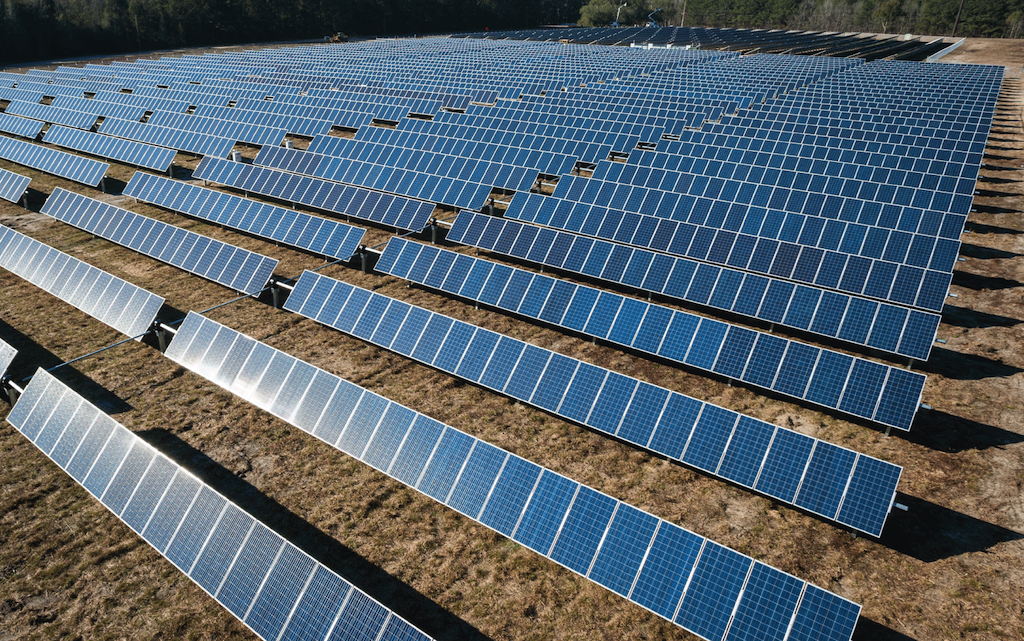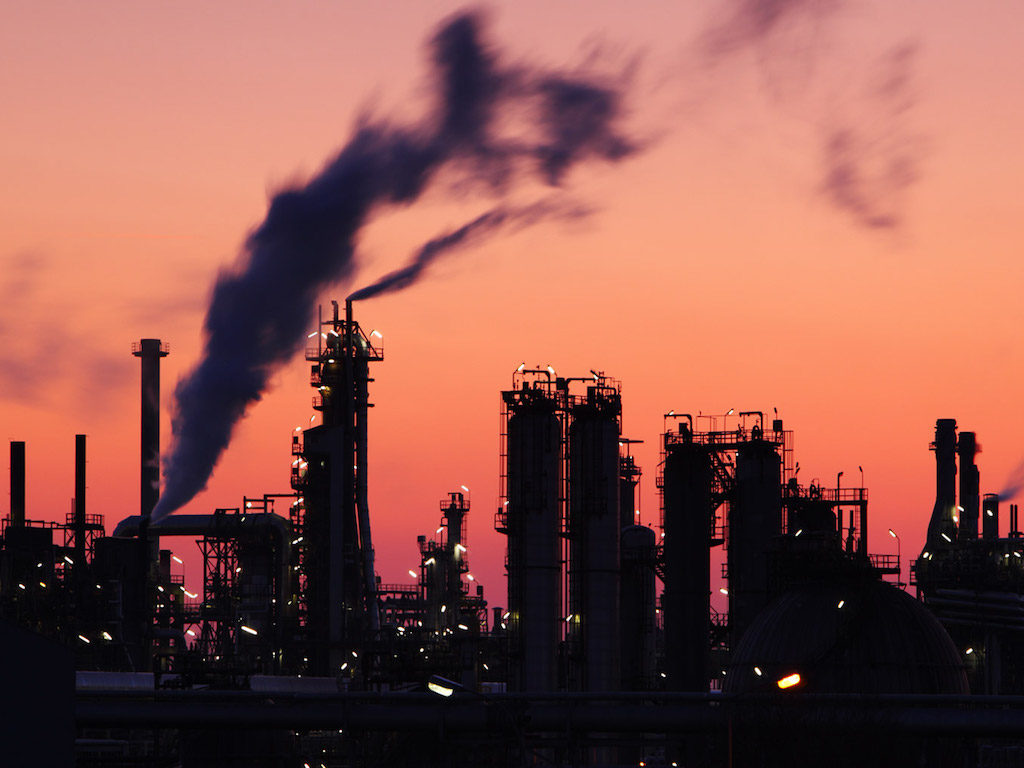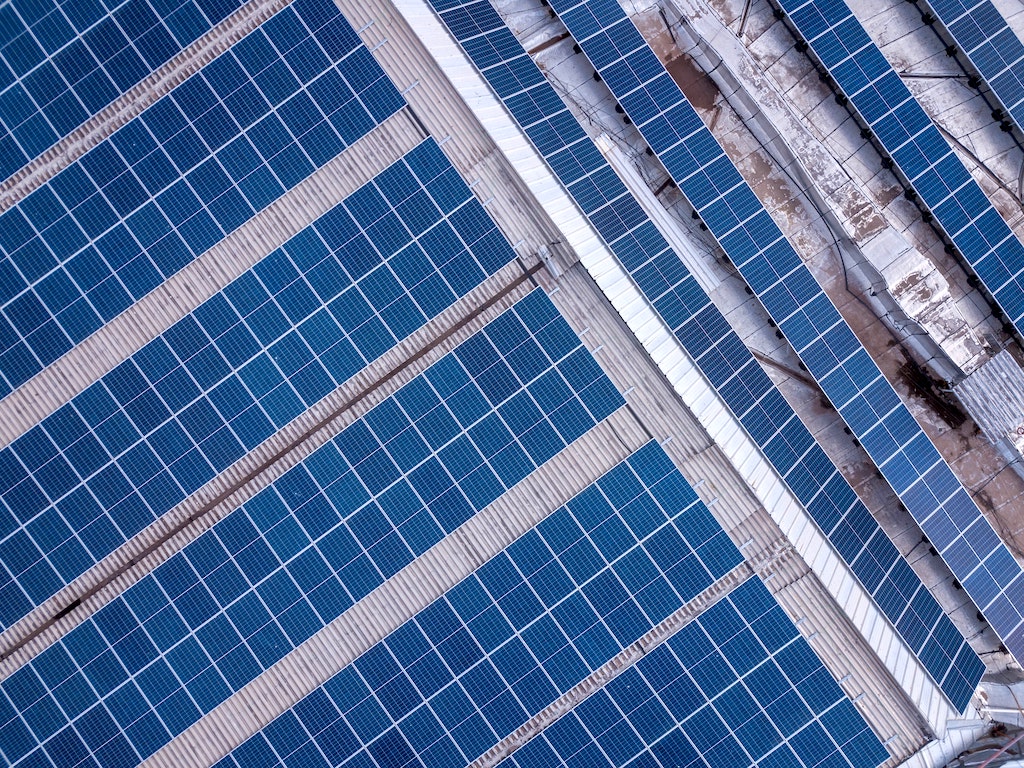3 Mins Read
After rising pressure for a green coronavirus recovery plan, the Indonesian government is now working on a scheme with a local think tank that plans to instal solar panels across thousands of rooftops. It is expected to cost over US$1 billion annually, but will help generate more than 20,000 jobs in the renewable energy sector and support the country’s commitment to slash carbon emissions in the wake of a climate and health emergency.
Called the Solar Archipelago (Surya Nusantara) plan, the scheme has been drafted by the Indonesian authorities and local think tank Institute for Essential Services Reform (IESR) and involves installing solar panels with a combined capacity of 1 gigawatt-peak (GWp) per year for millions of the poorest households in the country over the next half-decade.
The scheme is estimated to generate up to 22,000 new jobs from installing the solar panels on rooftops, while saving the government massive sums in electricity subsidies while helping Indonesia meet its climate reduction targets.
While Indonesia, a signatory to the United Nations Paris Agreement, has pledged to grow its solar power capacity to 5.7% of the country’s total energy mix by 2025, it has yet to reach more than 0.1% as of last year. The administration also came under fire earlier this year for failing to meet its environmental obligations and threatening to dismantle the already small number of existing protections against deforestation, despite record-breaking wildfires and flooding.

According to officials from the Energy and Mineral Resources and the Finance Ministry’s Fiscal Policy Agency (BKF), the new solar-driven recovery scheme is expected to begin in 2021, but preparations for implementation are already underway. Much of the current work being done revolves around training to increase the country’s manpower to instal one GWp of panels per year.
The plan comes as a number of government and legislative figures in Indonesia have urged for the country to rebuild from the coronavirus using the globally agreed Sustainable Development Goals (SDGs) as a framework.
Experts said that to ensure the country gets back on track to grow sustainably and bolster its resilience to any future crises – whether health or climate related – there must be a greater prioritisation of environmental efforts in the rebuilding process.
Indonesia’s plan to drive up solar energy capacity also follows the most severe nosedive in global consumption of oil, coal and gas due to coronavirus travel restrictions and slashed industrial output.
According to experts at the global energy watchdog, the International Energy Agency (IEA), the plummeting demand for fossil fuels is good news for renewable energy growth, which has proved to be the sole source of energy resilient to the energy shock over the course of the pandemic.

But the IEA still warned against overoptimism that the fossil fuel industry crisis will be enough to avert the climate emergency, and urged that governments must gear its coronavirus rebuilding plans and stimulus packages towards clean energy technologies to bring about faster change.
Multinational corporations have supported the calls for a clean energy transition, with the CEOs of 155 companies worth US$2.4 trillion – among them Unilever, H&M and Adobe – signing a joint statement to demand governments place net-zero emissions at the heart of all coronavirus recovery packages.
Apart from Indonesia, other governments are also beginning to prioritise sustainable development after the coronavirus induced wake-up call about the fragility of our existing system. Local authorities in Amsterdam, for instance, have ditched traditional financial metrics for a new “doughnut” economic model, a system developed by British economist Kate Raworth that ensures environmental sustainability while keeping poverty at bay.
Mayors from cities all over the world also said they will place equality and climate resilience at the forefront of its recovery plan in a joint “statement of principles” under the global collaborative city network C40.
Read our earlier news coverage of Covid-19 here.
Lead image courtesy of Unsplash.




